Some employers frown upon candidates who have joined numerous clubs in college. In fact, it can actually help students gain a foothold in the workforce.
Bui Minh Duc, 30 years old, is a master's student in Communication at Clark University, Massachusetts, USA. As a former student of Tourism and Travel Services Management at Hanoi University, with 10 years of experience working in the field of journalism and communication, Duc shares his views on the role of club activities in a job application.

Minh Duc at Clark University, USA, June 2023. Photo: Character provided
Last month, in a job recruitment program, a manager expressed the opinion that young people who participate in many club activities will not be highly appreciated. I understand that when making such a comment, the employer wants to compare club activities experience with actual work experience.
So is student club experience really useless when applying for a job?
As a person who participated in many clubs during my student years, I do not agree with the above statement. For me, experience in club activities is necessary for young people to be more confident when entering the practical working environment.
Firstly, many people often misunderstand club activities. When mentioning them, many employers think of cultural, sports and artistic activities or clubs whose activities are mainly for fun and useless purposes.
In fact, clubs are very diverse in activities and forms, and the above clubs are only a few. For example, when I joined AIESEC, we regularly organized projects and community activities aimed at young people, lasting from several weeks to several months. Project members were in charge of different areas (communication, external relations, event organization, etc.) with each project having strict goals and results to achieve.
Second, club activities provide students with many important skills, especially useful when going to work. In my second year of university, I started participating in the Hanoikids club, which was to lead free tours for foreign tourists in Hanoi . As a student majoring in Tourism and Travel Management, this gave me valuable experience, adding practical experience to the theoretical lessons in the classroom. Not only that, instead of "hunting for foreigners" like many of my friends do, we can chat with tourists every day to improve our English speaking skills, become more confident in communication and handling situations.
Professional clubs (accounting, marketing...) are also very popular in universities. This is where students can test their skills through specific projects and competitions. From soft skills to practical knowledge, young people can improve through club activities.
Third, club activities are also networking opportunities. This is extremely important and will affect our future work. When I was working at AIESEC, many large domestic and foreign companies often came to recruit me directly. The relationships with club members also helped me a lot in my future work and life.
In fact, many specific jobs encourage candidates to join many clubs to gain more experience. Volunteering trips helped me realize the problems that still exist with minority groups in society, which has greatly supported my work related to journalism as well as when working in non -governmental organizations (NGOs) later.
However, clubs also have limitations. If left unchecked, they can affect students’ lives and raise the eyebrows of many employers.
Firstly, a CV with a bunch of club activities but each one is very short in duration is a sign that you only joined to make your CV look better.
Second, club diversity is necessary but you should choose clubs that are relevant to your future career direction. If not, you can leave them off your CV.
Also, instead of just listing your club activities as an accomplishment, talk about what you learned. Finally, many employers want to see a candidate who can balance both club activities and schoolwork. Don’t have a long list of club activities on your resume but poor academic performance.
Regardless of the country, club activities are still encouraged for students. If an employer rejects and undervalues your club activities experience, I believe you can ignore that employer in the future.
Bui Minh Duc
Source link



![[Photo] Prime Minister Pham Minh Chinh attends a conference to review one year of deploying forces to participate in protecting security and order at the grassroots level.](https://vphoto.vietnam.vn/thumb/1200x675/vietnam/resource/IMAGE/2025/11/12/1762957553775_dsc-2379-jpg.webp)


![[Photo] Highways passing through Dong Nai](https://vphoto.vietnam.vn/thumb/1200x675/vietnam/resource/IMAGE/2025/11/12/1762940149627_ndo_br_1-resize-5756-jpg.webp)

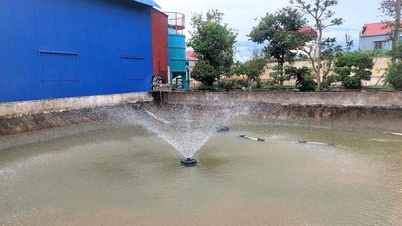

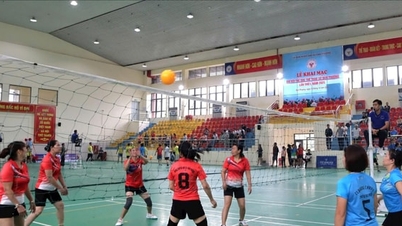













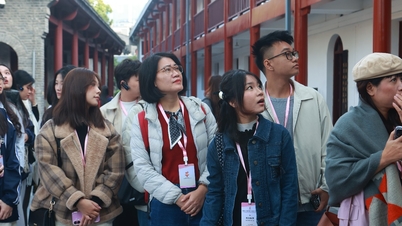



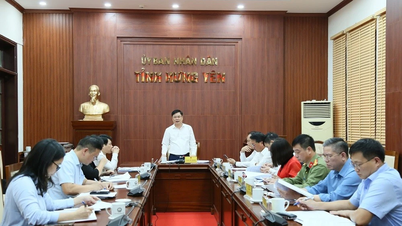
























































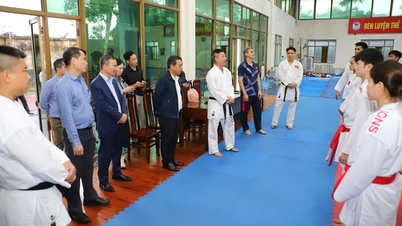





















![Dong Nai OCOP transition: [Article 3] Linking tourism with OCOP product consumption](https://vphoto.vietnam.vn/thumb/402x226/vietnam/resource/IMAGE/2025/11/10/1762739199309_1324-2740-7_n-162543_981.jpeg)







Comment (0)